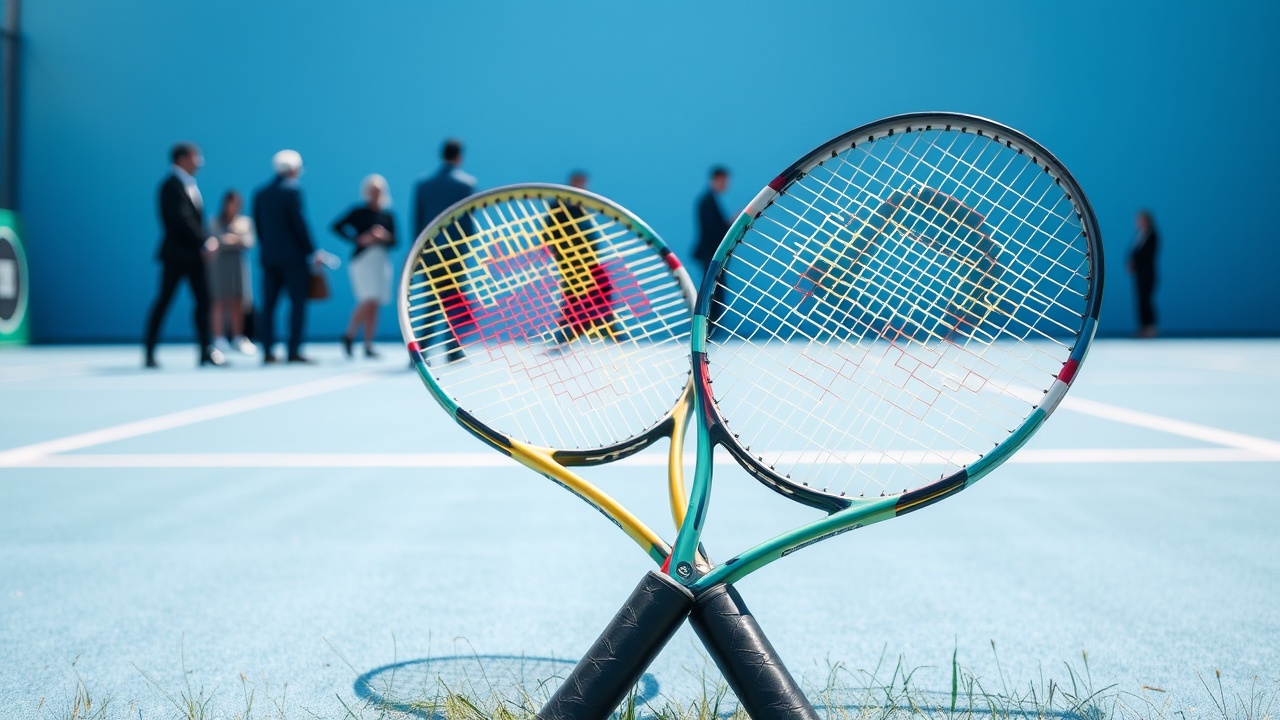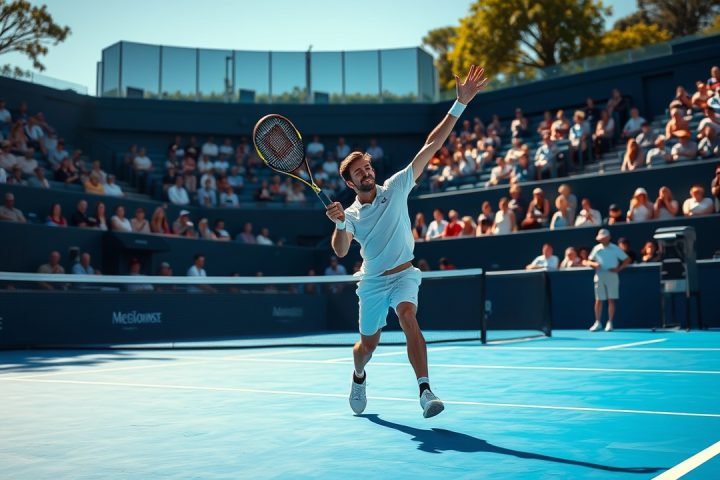PTPA Amends Antitrust Lawsuit Against Governing Bodies of Tennis
The Professional Tennis Players Association (PTPA), co-founded by tennis star Novak Djokovic in 2020, has amended its antitrust lawsuit targeting the governing bodies of tennis. This revised complaint, filed recently in New York, has omitted critiques from prominent players not directly involved in the case, including French Open victors Carlos Alcaraz and Coco Gauff.
Key Changes and Focus of the Lawsuit
Additionally, two previously implicated defendants—the International Tennis Federation (ITF) and the International Tennis Integrity Agency (ITIA)—have been removed from the lawsuit. Sources familiar with the matter indicated that this adjustment aims to center the allegations on the men’s ATP and women’s WTA tours, which the PTPA claims are operating as a restrictive “cartel” undermining player wages and opportunities.
Background of the Litigation
Initial litigation began in March when the PTPA accused major governing bodies of engaging in practices detrimental to players and fans by suppressing competition. In response, the ATP and WTA maintained that their established bylaws mandate arbitration for disputes rather than court proceedings. In May, they, alongside the ITF and ITIA, sought to dismiss the PTPA’s claim, arguing that the association lacks formal membership to pursue such a case. A ruling on this motion has yet to be issued by the court.
Player Support and Concerns
The original lawsuit featured 12 named players, including notable figures like Vasek Pospisil and Reilly Opelka, but curiously excluded Djokovic himself. The amendments have now brought the total to 14 plaintiffs with the inclusion of Sachia Vickery and Nicolas Zanellato. However, the absence of high-profile players in the complaint has raised questions regarding the organization’s support from leading athletes in the sport.
Despite this, a PTPA spokesperson affirmed that over 250 players back the lawsuit, including Djokovic, who expressed mixed feelings during a press conference at the Miami Open. He indicated that while he supports some aspects of the complaint, he also finds certain wordings overly aggressive.
The Legal Landscape and Future Negotiations
The updated legal document retains some of the combative language characteristic of American lawsuits, describing the competition landscape in professional tennis as fundamentally flawed. It argues that players experience undue hardships due to a lack of autonomy over their careers and the pressure of demanding schedules imposed by the governing bodies.
Currently, the PTPA appears to be in negotiation with the Grand Slam tournaments regarding how to enhance revenue sharing with players. This included discussions initiated by a group of top-ranked players proposing a more equitable distribution of earnings through prize money. Though the Grand Slams have shown interest in reforming tennis structures, including proposed calendar adjustments, past attempts at collaboration did not yield significant changes.
Implications for Professional Tennis
The ongoing legal proceedings and the PTPA’s schemes for industry reform suggest a critical juncture for the professional tennis landscape. Discussions are expected to continue over the next few months. With major U.S. sports leagues like the NFL and NBA sharing almost half of their revenue with players, the PTPA advocates for similar increases in prize money, which has historically hovered around 20 to 30 percent of event revenues in tennis. The court will soon address motions to dismiss filed by the defendants, marking a significant moment in this high-stakes confrontation within professional tennis.




